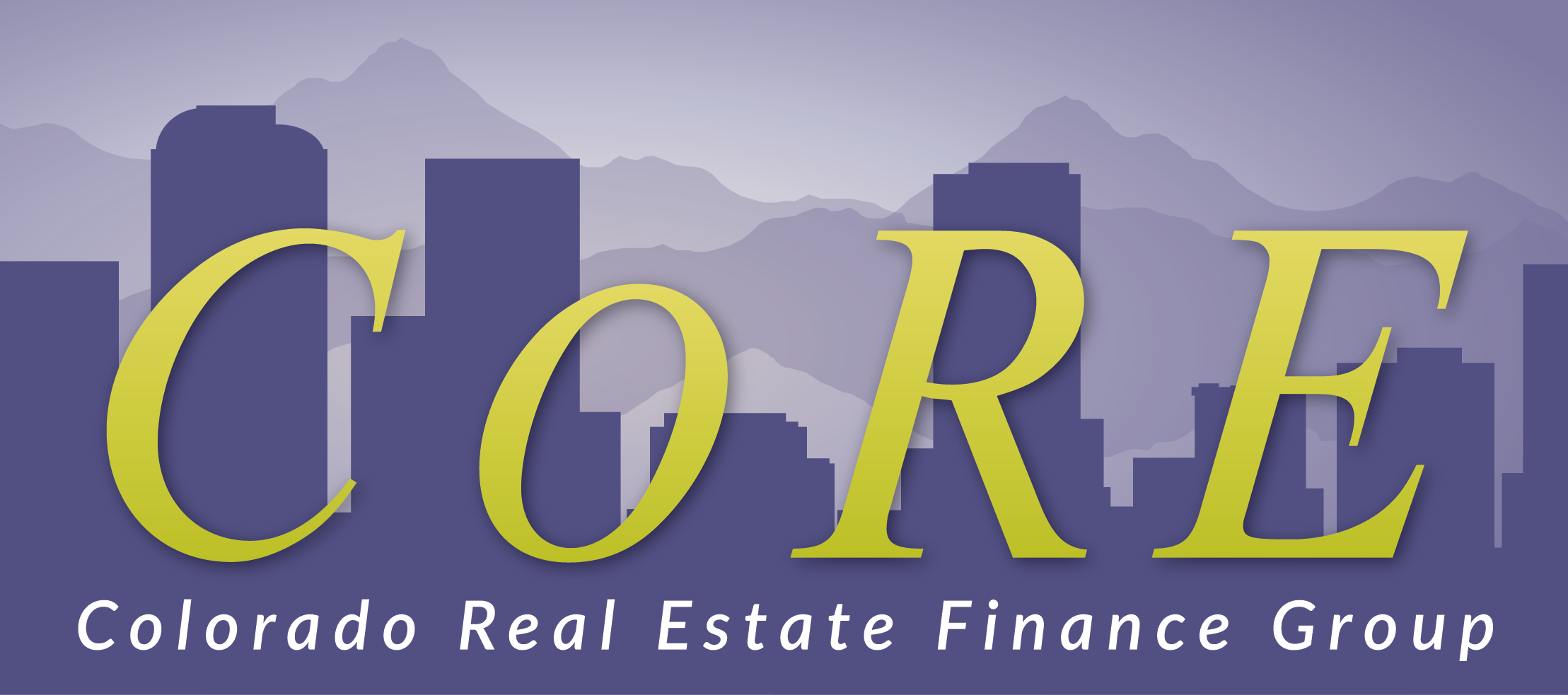Buying a home is a major life event, and it can be as overwhelming as it is exciting. There’s a lot to know—especially for first-time buyers. Thankfully, you won’t be alone in the process. Your real estate agent will be a valuable resource as you navigate the market and negotiate the sales price. You may need a real estate attorney or escrow officer too, and they’ll both be with you at the closing.
Even with their help and expertise, however, the more information you have at the beginning of the process, the better prepared you’ll be. Here are the answers to nine of the most commonly asked questions new home buyers have.
1. What Do I Do First?
The first step toward owning a home is to get pre-approved for a mortgage loan. It’s fun to search for your dream home online or seek out ‘for sale’ signs in your desired neighborhood, but you need a realistic idea of what you can afford before you fall in love with a house that’s too expensive. You can use an online mortgage calculator to find out what houses are in your range. It is also recommended that you consult with a mortgage lender and get pre-approved. You’ll answer a few questions about your income, debt, and credit score and then the lender will advise you on the loan amount.
2. Can I Buy a Home Without A Realtor?
You can, sure, but it’s not recommended. After all, your real estate agent is your advocate in the process. They use their resources, training, and experience to find homes you’re interested in and help you negotiate the price once you’ve chosen one. The best part for the buyer is that it won’t cost you anything. The commission is paid by the seller and gets split between the seller’s and buyer’s agents.
Unless you are very savvy about the housing market in your area, know real estate law inside and out, have great negotiating skills, and have a lot of time on your hands, it’s well worth your while to use a real estate agent.
3. How Much Do I Need for a Down Payment?
Ideally, you want to pay 20% down at closing. While it is possible to put down less, as little as 3%, there are advantages in paying 20% upfront. For one, you’ll avoid paying private mortgage insurance (PMI). PMI protects the lender if you stop making your loan payments. If you do put down less than 20% and are required by your lender to get PMI, then you may be able to stop paying it after you’ve reached 20% equity in the home.
But don’t worry if you don’t have 20% down. Most people put down less than 20%, especially on their first home. Mortgage insurance is usually only a few hundred dollars a month and, in many cases, can be removed once you hit 20% equity.
4. What Credit Score Should I Have?
There are different types of loans available to would-be homeowners and different credit scores to quality as well. For a conventional loan, a credit score of 620 or above is ideal. This helps keep the interest rate low. Federal Housing Administration loans, on the other hand, are a little more forgiving. This type of loan is insured by the FHA and typically requires a credit score of 580. If you or your spouse is a military vet, you may also qualify for a VA loan.
5. How Do I Figure Out How Much I Can Afford?
Life is full of surprises. The loss of a job, the addition of a new family member, an unexpected illness, a worldwide pandemic–it’s difficult to foresee what our financial needs will be in the future. That said, when determining how much you can afford to spend on a home, there’s a simple formula called the 28%/36% rule which says you should not spend more than 28% of your gross monthly income on costs related to your home. Additionally, you should not spend more than 36% of your debt on a home. That includes the total sum of your car loans, student loans, and credit cards in addition to your monthly mortgage payment. These aren’t the only things to take into consideration when buying a home, but it is a good starting place.
In today’s market, the ideal is not always feasible. While the 28/36 rule is a great idea, most federal loan programs will allow you to go up to 45% of your gross monthly income for a total housing payment. This means if your gross monthly income is $10,000, you can spend as much as $4,500 per month on your mortgage payment PLUS homeowner’s insurance and property taxes.
6. What Happens at the Closing?
The closing is the day you’ve been waiting for for months, maybe even a year or more. It’s when you officially take over ownership of the property. You sign a lot of documents and make what could be the biggest single purchase of your life. It’s also a bit stressful. After all, there are a lot of people who will get a slice of the pie. There’s the Realtor®, lawyer, title company, as well as local and state government. Don’t worry, the seller pays a portion of the closing costs too.
Some closing costs are a flat fee while others are based on the sale price. You’ll know what the costs are before the closing date. Your lender will provide you a good faith estimate listing all of the fees, deposits, and other payments that are required. You’ll receive that within three days of the lender receiving your application. The lender will provide the estimate after receiving your application and again three days before closing. Legally, only estimated items can change for the worse, such as property taxes and other prepaid items. All of the other costs must stay the same from the time you applied to the time you close. If they’re not, stop! Ask your lender to explain.
7. What is Homeowners Insurance?
Homeowners insurance protects your house and property in case of a fire, severe windstorm, tornado, damage from extreme temperatures, et cetera. Depending on what part of the country you live in, it may not cover damage from floods or earthquakes. You’ll need to buy separate coverage.
A homeowners insurance policy also covers you if a guest is injured or their property is damaged while on your property. The policy should also provide living expenses if you are unable to inhabit the property after a disaster.
8. Do I Need an Appraisal?
Yes. An appraisal prevents you from paying too much for a home. It is conducted by a professional appraiser who provides an unbiased assessment of a property’s worth. This is done with a visual inspection of the home, comparing home sales in the neighborhood, and assessing the local real estate market in general. Remember, the lender will only loan you what the appraisal says the home is worth. If you’re purchasing a home for $500,000 and the appraisal says it’s worth $475,000, the lender will only loan you the $475,000. However, a low appraisal value often gives the buyer leverage to lower the asking price too.
9. Do I Need a Home Inspection?
It would be unwise to forgo a home inspection. A licensed home inspector looks for damage and potentially unsafe issues throughout the home. There may be damage in basements, attics, and behind walls that the untrained eye won’t discover. While the cost of the inspection is the buyer’s responsibility, it could result in thousands of dollars in repair costs saved. Faulty wiring, mold, or insect infestations could also lead to health issues.
A home inspection also gives the buyer leverage when negotiating the sales price. For example, if a furnace needs repairing or replacing, that cost could be deducted from the sale price or its repair could be a condition of the sale. Also, many contracts have an inspection deadline which gives the buyer an opportunity to back out of the contract, should anything alarming show up in the inspection report.


Recent Comments